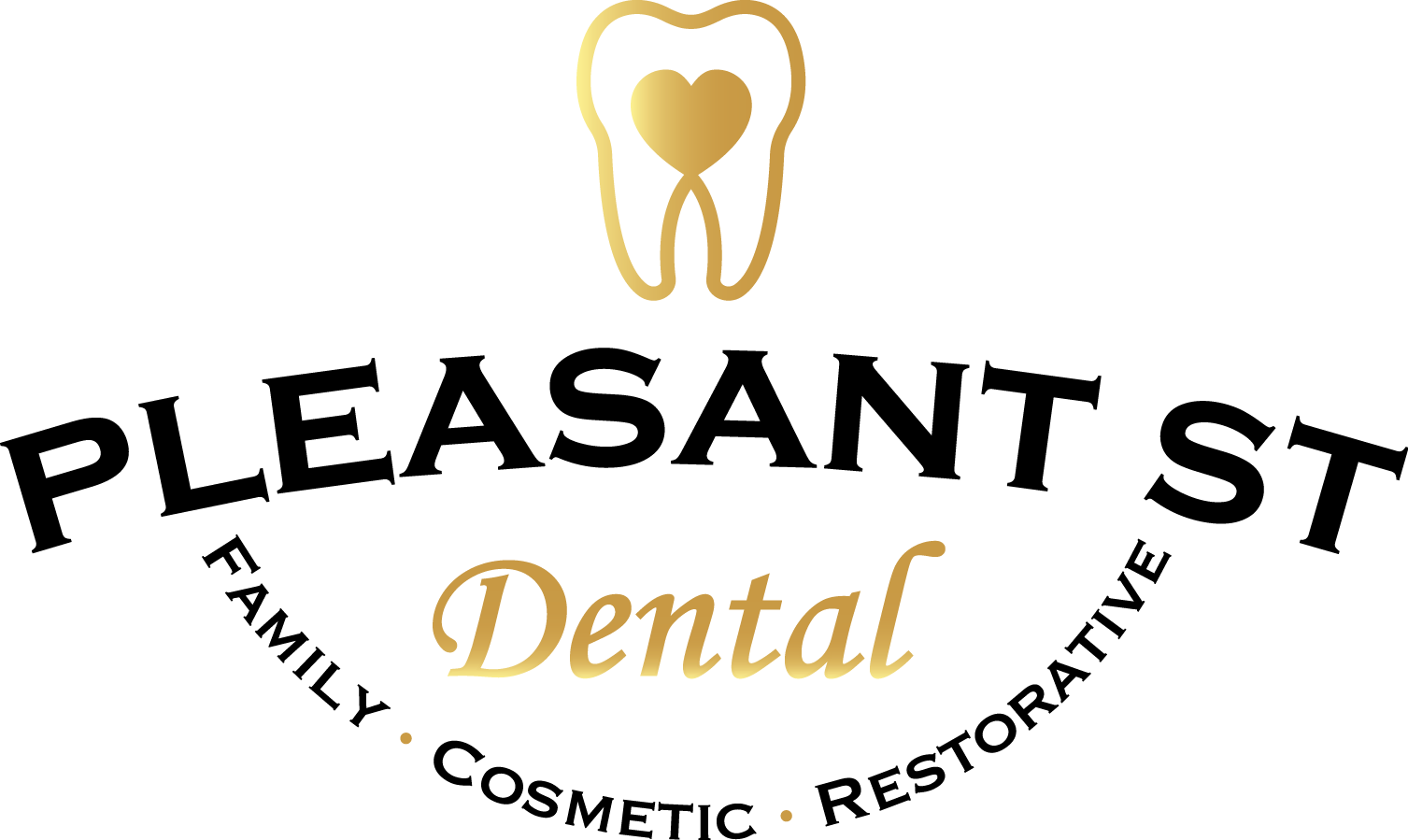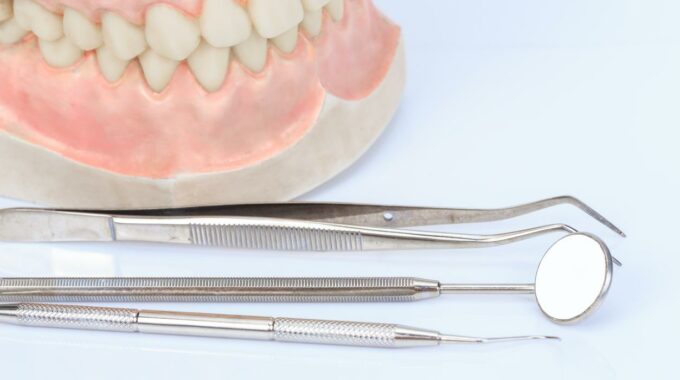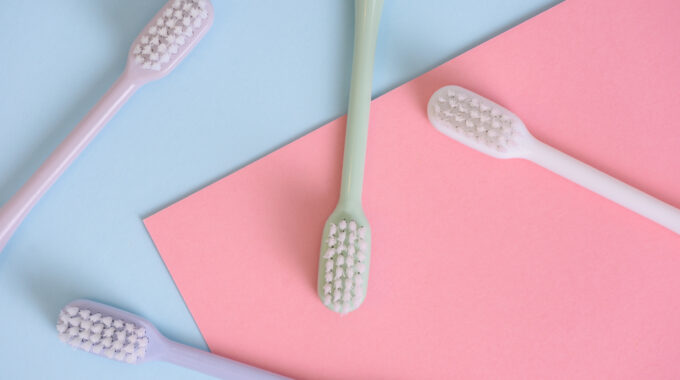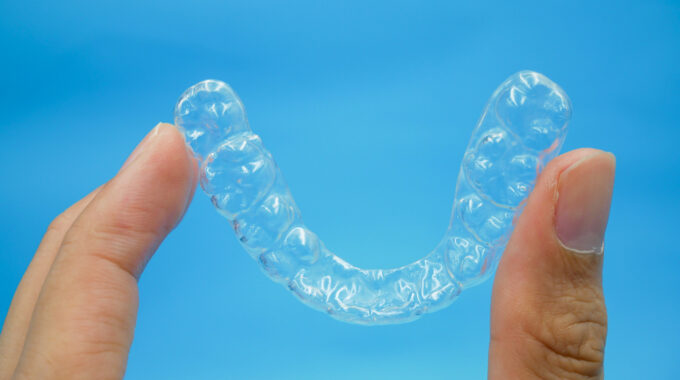Are you or someone you know considering dentures? Dentures can be a great way to…
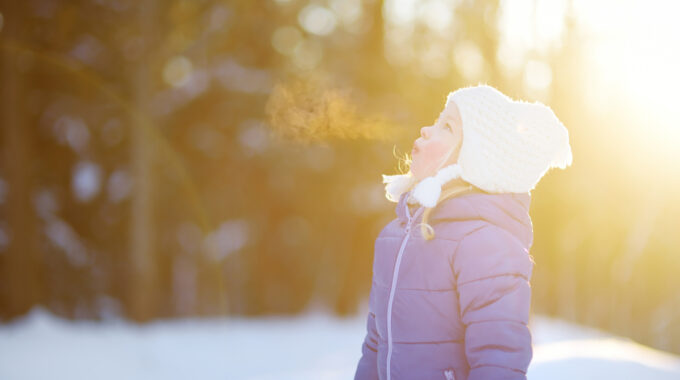
How Winter Impacts Tooth Health & Comfort
As winter descends, bringing with it chilly temperatures and a distinct change in lifestyle, it’s crucial to be mindful of the potential impact on your dental health. The colder months can present unique challenges that may affect your teeth and overall oral comfort. In this article, we’ll explore how winter can impact dental health and provide practical tips to ensure your smile stays bright even in the coldest season.
Tooth Sensitivity:
Cold weather can exacerbate tooth sensitivity, causing discomfort when exposed to cold air or consuming hot or cold foods and beverages. If you already experience sensitivity, consider using a toothpaste specifically designed for sensitive teeth. These toothpaste formulations typically contain ingredients that help block nerve pathways, reducing sensitivity and making winter activities more enjoyable.
Dry Mouth:
Winter often brings dry air, both outdoors and indoors due to heating systems. This dryness can contribute to decreased saliva production, leading to dry mouth. Saliva plays a crucial role in maintaining oral health by washing away bacteria and aiding in digestion. To combat dry mouth, stay hydrated by drinking plenty of water, use a humidifier indoors, and consider chewing sugar-free gum to stimulate saliva production.
Cracked Lips and Cold Sores:
Exposure to cold, windy weather can cause lips to become dry and cracked. Additionally, some individuals may experience an uptick in cold sores during winter due to factors like stress or weakened immunity. Protect your lips with a moisturizing lip balm, and if you’re prone to cold sores, consider using antiviral creams or medications as a preventive measure.
Cavity Risk:
Winter festivities often involve indulging in sugary treats and holiday feasts. The increased consumption of sugary foods and drinks can contribute to a higher risk of cavities. Be mindful of your diet, practice moderation, and maintain a consistent oral hygiene routine, including regular brushing and flossing. Consider incorporating mouthwash into your routine to further reduce bacteria and promote a healthy oral environment.
Jaw Pain and Teeth Grinding:
The winter season can bring about heightened stress, potentially leading to jaw pain and teeth grinding (bruxism). These habits can cause significant damage to your teeth and contribute to jaw discomfort. Practice stress-reduction techniques, such as mindfulness or relaxation exercises, and if you suspect teeth grinding, consider using a nightguard to protect your teeth while you sleep.

Winter Sports and Dental Injuries:
Winter enthusiasts engaging in activities like skiing, snowboarding, or ice hockey should be aware of the risk of dental injuries. Accidents can happen, leading to chipped, cracked, or even knocked-out teeth. Wearing appropriate protective gear, such as mouthguards, can significantly reduce the risk of dental trauma during winter sports.
Dental Care During Illness:
Winter is synonymous with the cold and flu season. When you’re unwell, maintaining good oral hygiene might not be a top priority. However, it’s essential to continue brushing and flossing to prevent bacterial buildup. Stay hydrated, and if you’re using cough drops or syrups, choose sugar-free options to minimize the risk of cavities.
We’ll Help You Through the Winter:
While winter brings a delightful array of activities and celebrations, it’s essential to be aware of its potential impact on your dental health. By adopting a proactive approach and incorporating these tips into your routine, you can navigate the winter season while safeguarding your teeth and maintaining optimal oral comfort. From addressing tooth sensitivity to protecting against dental injuries during winter sports, a little extra care can go a long way in ensuring your smile remains healthy and radiant all season long.
Reach out to us today to schedule a tooth exam and let us know of any questions or concerns you may have!
